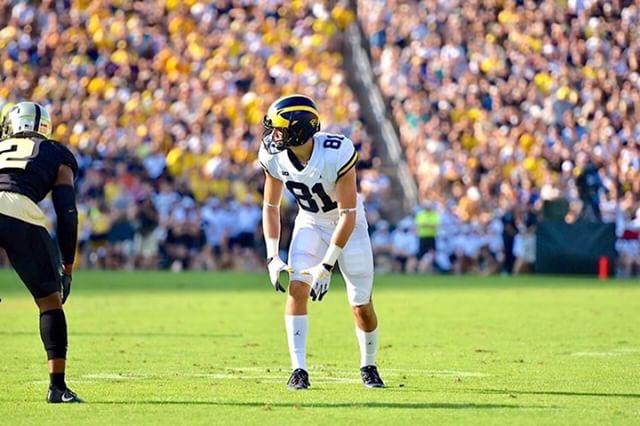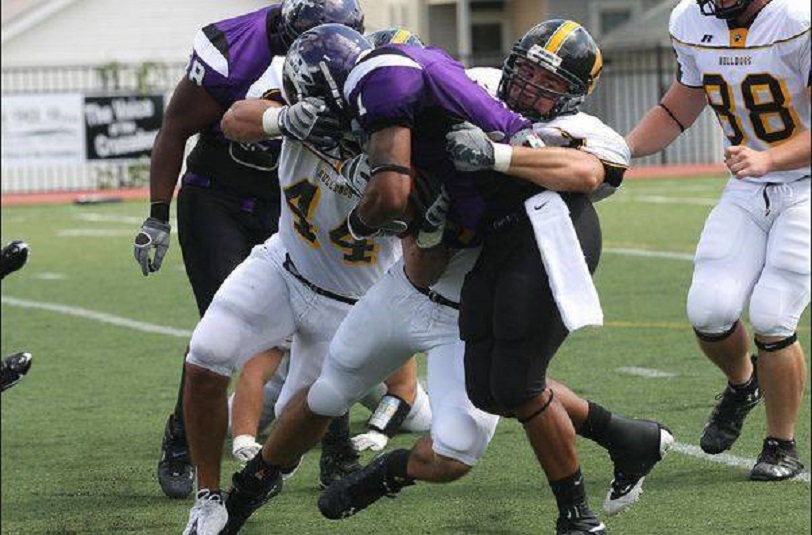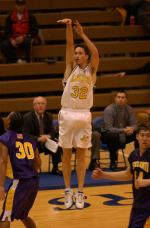We’ve talked with a number of former student athletes as well as their parents and they overwhelming believe their college experience as an athlete has enhanced their career. Below you’ll find sections from these conversations…enjoy.
Conversation with a father of a Big Ten football player, we discuss their recruiting process as well as lessons learned from being a Preferred Walk-On (PWO) student athlete.

How did his playing experience prepare him for the next phase of life?
Certainly, from an athletic perspective, a lot of young men in his position just don’t know what it’s like to compete at D2, certainly D1 level, coming out of high school. The speed of the game is incredibly fast and it’s a big change for most athletes, then you throw the academic demands on them, and it becomes very difficult.
Dad: So now to your question about business. I think it probably exceeded his expectations in terms of the preparation he received. Now, of course, you learn how to be a master at time management. You learn how to be totally focused on a football program and in the classroom. Those are just things you have to learn. You can have the talent and natural ability, but until you prove it and do it day in, day out, year in, year out, that’s really what sets them apart I think when they’re being interviewed for jobs. You have to have the grades, but if you have the grades and you have a great reputation as being a leader and a trustworthy teammate, that’s a combination for success in interviews and a post-football career.
The networking opportunities were excellent; it’s amazing how many doctors and attorneys and executives are former Michigan football players, and those alumni reach out to these players. They have events where you basically pick your track. For example, the athlete can say they want to talk to attorneys, or to financial and business executives. It’s great networking, learning about their careers, learning about companies that value men developed through Michigan football. There was also formal career counseling and mock interviews. All of this really made an impression on him.
When did the career planning start?
Dad: Actually, it was pretty early. I think he went to an event freshman and sophomore years. He also had discussions with upperclassmen about career choices. The Ross Business School opened a number of opportunities for him whether it’s investment banking or consulting or straight business. To understand possible career fits he had an opportunity to talk with some teammates and that’s really how he became interested in consulting. His old man can tell him something, but when he hears it from a teammate, that carries even more weight…..Complete Article
Former DII and DIII football player gives his prospective on a couple of important questions parents and student athletes ask about the college playing experience.

Scholarpreps: So how was the college athletic experience? How did it help you in your career today?
Jim: The college athlete experience gave me an advantage over the average college student that just went to school and partied and slept until 11:00 and only went to two classes and then partied some more, and just kind of got through. All the practices, all of the film sessions, all the weightlifting, all the running, all the hard work gave me a major advantage when I was interviewing against other people for that first job out of college.
I would say teamwork is a huge thing that the average college student doesn’t get. They might be in a couple of clubs, or they might join a fraternity or something, but nothing compares to the teamwork of working with, like I mentioned before, the best players from every high school around. You’re all together now, and you all have to perform. Otherwise, your team is going to lose. So that was huge.
Being able to compartmentalize and prioritize the different factors of a workday, that all came from college, college sports. Knowing what you’re going to do today is going to result in the productivity for the month and the quarter and the year, those are all things that you learn in college. And working hard every day, this is all putting in the work day in and day out, and you know that it’s going to result in bigger results down the road. That all came from playing college sports.
And then lastly, just the respect that you have to give your coaches. I think that showing up early, taking notes, networking, respecting authority, those are all major advantages that I got that I think are character traits that I think a lot of managers and hiring people are looking for that might be in short supply today. So all those things definitely helped me in the real world…..Complete Article
DII basketball player talks about his four years at Lake Superior State University helped prepare him for the competitive world of tech sales.
Scholarpreps: Paul, are you happy with the decision to play college basketball? Some kids choose not to play and focus on being a student.

Paul: Yeah. I absolutely think it was the right thing to do. You learn and you grow at a pretty important time in your life where I think you’re setting the tone, whether it’s your career or how you go about your family life, you set a tone around scheduling, around things being difficult, around both physically and mentally being challenged constantly, and still having to complete a journey, whether that’s every day, every year or all four years. You’re really put to the test, and I think that physical and mental preparation really sets the tone for the rest of your life. So, yeah, I think it was an awesome experience.
How did playing in college help your career?
Scholarpreps: In moving out of the college experience, you graduate and you’re off into your career, what did you learn from the whole college experience in juggling the studying as well as the game itself and the training? How did that help you be successful today?
Paul: I think a whole bunch of different areas. One, whether I’m hiring someone or I see why I’ve been successful in my work, a lot of it has to do with competitiveness, waking up every day and being competitive in everything you do. And then adding on a schedule that requires you to be in the gym six hours, team commitments of eight hours on top of your schoolwork. It’s a lot of responsibility. It’s a lot of scheduling. It’s a lot of juggling a lot of different balls and they all have to stay in the air. I think that as I transitioned to the business world, it’s funny, you would have a lot of coworkers think things are hard during their day. And I remember just running until you almost passed out constantly. And so when it comes to work, work is easy, especially when you can put that in context… Complete Article
